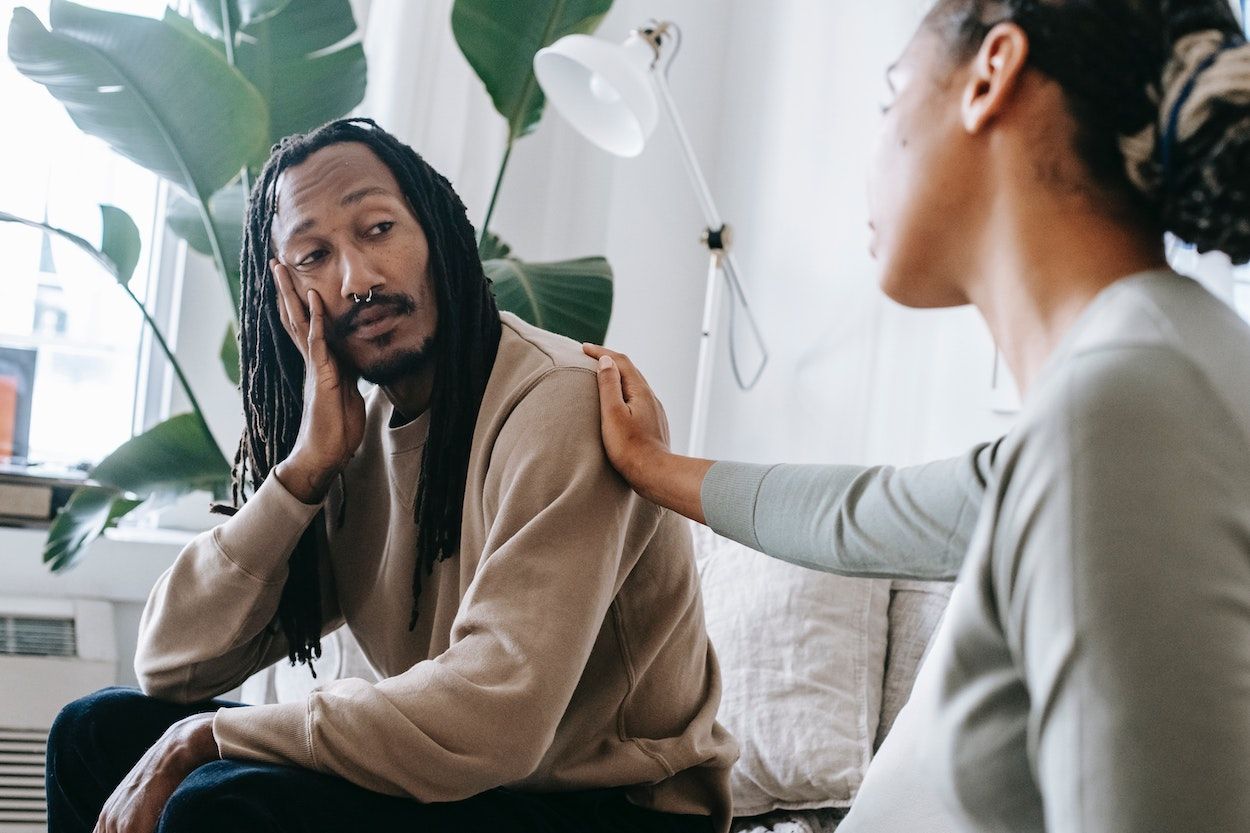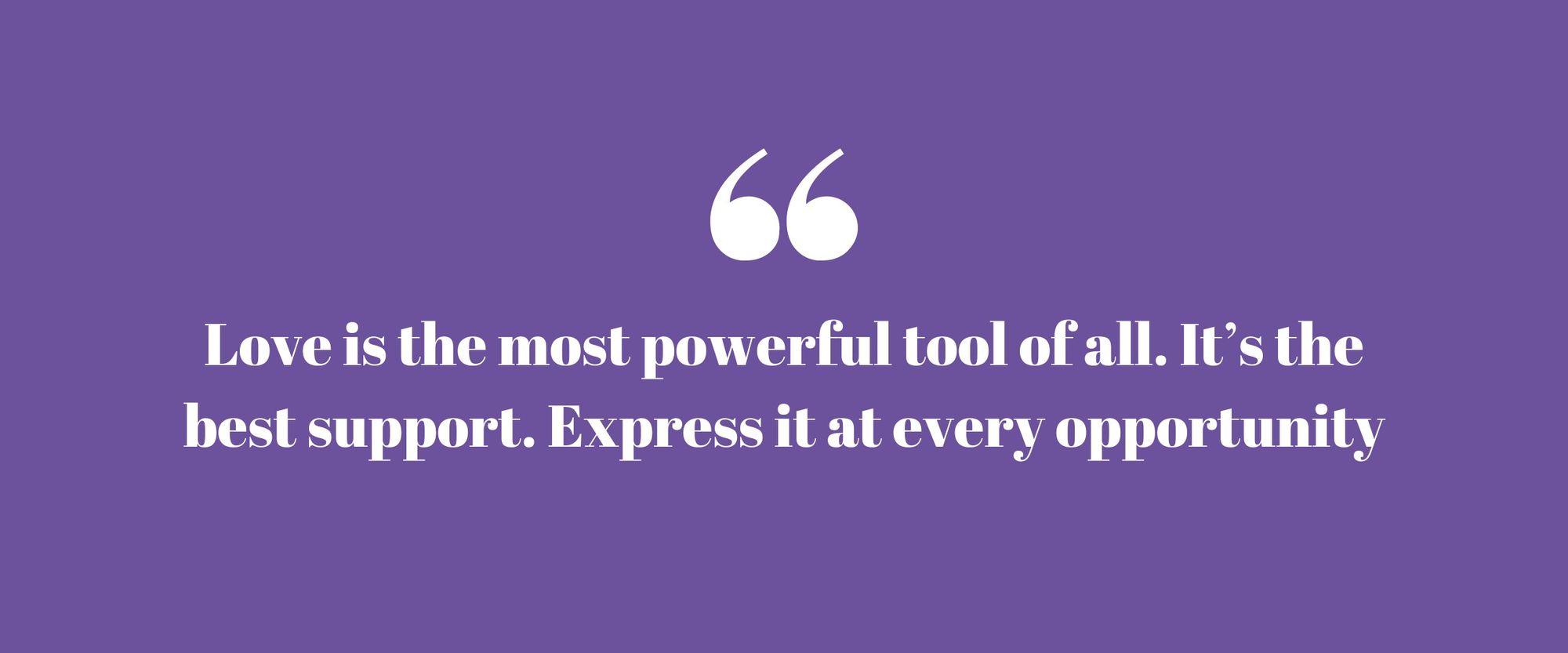When thinking about a condition like diabetes, it’s natural to first consider the physical impact. But what about the effect it can have on our mental health and wellbeing?
“I was first diagnosed with type 1 diabetes at 17 years old. After two lots of blood tests, I remember being woken up by my mother with the doctor on the phone, before the GP surgery was even open, asking me to come in, immediately. I was told I was type 1 diabetic, and I needed to go to the hospital for treatment,” Happiful’s creative lead, Charlotte Noel, shares, casting her mind back to the start of her own diabetes story.
Charlotte is one of 4.3 million people living in the UK who have diabetes, a serious condition where your blood glucose level is too high, because your body can’t make a hormone called insulin, or the insulin does not work as it should.
“At the time, I felt scared. I had my suspicions that the results were going to come back to say I was diabetic, but no amount of research can prepare you for a diagnosis of a lifelong condition – particularly at that age,” Charlotte adds. “Life was changing so much anyway (applying for university, starting exams, etc.) that another thing on top led me to breaking point. I sobbed a lot that first week.”
Taking its toll
According to charity Diabetes UK, people with diabetes are twice as likely to have depression. For counsellor Peter Heath, who has personal experience with type 2 diabetes, this doesn’t come as a surprise.
“The Diabetes UK stat is almost expected, since I discovered PTSD is a common comorbidity in the onset of the condition,” Peter says, going on to also highlight how people with diabetes have twice the risk of suicide, compared with the general population.
“A diagnosis of diabetes can do more than just take the wind out of our sails,” he continues. “While it can explain a lot of our discomfort, the confirmation that something is seriously wrong can be a severe setback to all our plans and dreams. In many cases, the realisation that we’re no longer able to be at our best is like a massive shock, albeit dragged out in ultra-slow motion. Initial disbelief and denial are replaced by confirmation and the realisation that we have to cope with the inevitable dawns on us.”

It’s a sentiment that aligns with Charlotte’s experience, and she reflects on her diagnosis being accompanied by a sense of mourning.
“Being diagnosed later in life can bring up emotions of grief, and a sense of ‘missing’ the life you had pre-diagnosis, and not having this extra thing to think about,” Charlotte explains. “It can be draining having to make extra decisions daily, that you didn’t once before.”
The mental load
Charlotte points to research by Stanford University, which found that people with diabetes, on average, make 180 more decisions each day about their health than someone without diabetes. Having to handle these kinds of decisions is something that Peter recalls struggling with.
“I was first diagnosed in New York when I was working there several years ago,” he shares. “After managing my eating changes pretty well in Manhattan, I had to unexpectedly travel to Africa on a business trip. On arrival, I discovered none of the foods I had relied on in New York were available there. It was quite a shock, and I spent a fair amount of those early days rejecting hotel offerings – leaving me hungry, and that’s not too good either. I was forced to spend more time than I’d banked on traipsing around supermarkets looking for acceptable products.”
But it’s not just the day-to-day mental load, as Charlotte highlights anxiety around the prospect of complications from diabetes in the future, taking injections in public, and having low blood sugar at inconvenient times.
These kinds of feelings are common for those with diabetes, and Diabetes UK offers support and information around ‘diabetes distress’, which refers to what some people feel when they’re overwhelmed by the relentlessness of diabetes, that can lead to diabetes burnout. All of which can result in a sense of isolation.
Supporting a loved one
Stepping in to help can be an automatic response when a loved one receives a diagnosis, but there’s a balance to be struck.
“When you see someone struggling, naturally you want to offer advice, check-in regularly on their blood sugar levels, etc. But I think that can actually cause strain in relationships,” Charlotte explains. “I think it’s best to offer encouragement and understand that diabetes is tiring, and takes a lot of mental capacity each day, and if there is any way to support someone in other ways, to take some mental load off, that will always be much appreciated.”

Peter shares a similar sentiment. In 2015, Peter’s daughter was diagnosed with leukaemia. Later, she developed steroid-induced diabetes, and was treated with insulin. “In my own experience of supporting a person with a chronic condition, I was so emotionally involved that, initially, I just couldn’t think clearly.
“After the shock of hearing it, I cornered the specialist consultant and explained my concerns. She told me simply to let the patient lead. That was it. Empowerment was the key. All choices and management were to be the sole responsibility of the patient. In this instance, the patient was a child, my child, and the weight of responsibility in this hands-off approach seemed absurd. But I suddenly realised that the suggested approach was precisely what I was trained to do. My chosen path in my journey into psychology was person-centred. And the specialist was patient-centred. The counselling gods had put us together.”
Letting go when a loved one has a chronic condition can be hard, but the confidence to do so can be found in taking the time to learn about it – and to unlearn misconceptions – as well as keeping conversations open.
“Love is the most powerful tool of all. It’s the best support,” Peter says. “Express it at every opportunity.”
Life is like a river
“12 years down the line, I’m content with my condition,” Charlotte shares. “I control what I can – and what I can’t, I let go of, and try not to be hard on myself. I think it’s so important to find a balance, otherwise managing diabetes can lead to serious burnout. It doesn’t mean I don’t have bad days, but when I do, I just do what I can and move on.”
“The good life isn’t out of reach,” Peter adds. “But it’s also not a static thing: the good life is fluid. It’s like a river. It flows and moves over solid obstacles, and is shaped by banks as it travels to the sea.
“There is a positive side to diabetes. And it is enabled by learning to live with that change. And that, in itself, is an achievement. Accepting the feelings and living with them and embracing them can aid the healing journey. Learning to live with the condition is growth. Acceptance is growth. There’s sadness and happiness, sorrow and joy. There can’t be one without the other.”
And, to any others embarking on the same journey, Charlotte has a final message: “You’ve got this.”


Comments